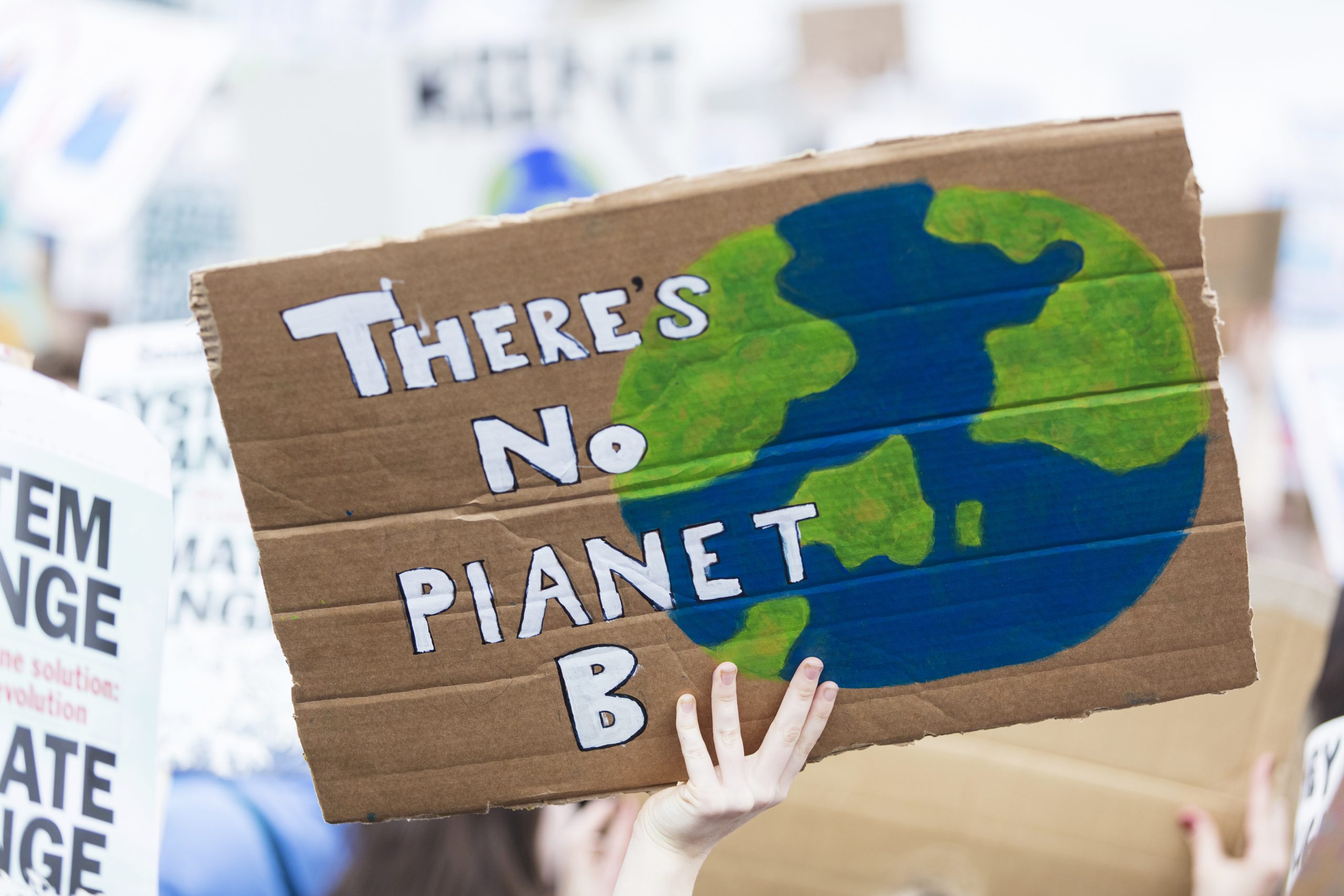Written by the AMSA Environmental Health Action Committee
This post is a series of mental health pieces from the AMSA WSL Committee
Extreme weather events, such as heat waves, hurricanes and floods, are becoming increasingly more common as Earth’s climate continues to change. Weather events and natural disasters can affect health by exacerbating symptoms of chronic conditions and destroying infrastructure that allows for access to safe housing, power, water, and transportation, to name a few.
These events cause those who experience them varying degrees of stress. Many find the stressor of such an event to be manageable but more recently research has linked extreme weather and natural disasters with mental health consequences such as anxiety, depression, and post traumatic stress disorder.
Natural Disasters Affect on Mental Health: A Real World Example
Perhaps the most well studied example of a natural disaster’s effect on mental health was captured in the aftermath of Hurricane Katrina in 2005. Affected communities experienced significantly higher rates of acute stress, PTSD, depression, and suicidal thoughts after the hurricane had hit America’s gulf coast. Events, like Hurricane Katrina, that involve loss of life, loss of possessions, alterations in social networks, and personal relocation are particularly challenging for one’s mental health. In those affected by Hurricane Katrina, the rate of suicidal thoughts increased from 2.8% to 6.4% and having actual suicide plans increased from 1% to 2.5% in the 18 months after the hurricane’s landfall. This trend in suicide rates is true in other hurricanes such as Hurricane Rita as well as other natural disasters, like droughts and wildfires.
The Indirect Effects: Link to Domestic and Substance Abuse
Climate change and extreme weather events are recognized as an aggravator of violence against women and children. Around the world, climate change induced crises of all types have been linked to higher rates of domestic abuse. Researchers have postulated that in times of disaster the powerlessness that individuals feel due to job loss, food insecurity, and familial tensions can lead to abuse rooted in an attempt to exert power in some aspects of a perpetrator’s life.
In the wake of natural disasters, affected individuals must find a way to cope with the trauma they have experienced. Some will look to exercise or social engagement for stress relief, but others may establish unhealthy coping mechanisms. The Substance Abuse and Mental Health Services Administration warns that after surviving a major disaster, individuals are at an increased risk for engaging in substance misuse. In fact, during the weeks and months following extreme weather events and natural disasters, the rate of hospitalization related to substance abuse has been seen to increase by up to 30 percent in affected areas.
Those Most at Risk
Within populations that are affected by climate change some groups are at higher risk of negative mental health consequences. These groups include children, women especially those that are pregnant or postpartum, the elderly, those of low socioeconomic status, and those with preexisting mental illness, just to name a few. Being engaged within a community, having an understanding of climate change, and having a positive view of one’s self efficacy are all linked to a greater degree of resilience in the face of climate change.
Remember to Take Care of Yourself
Not only can climate change directly impact mental health during times of disaster, but thinking about climate change and how it will continue to affect our everyday lives and the lives of the generations to come can be distressing in and of itself. Stay informed about climate change, but also acknowledge your feelings. As climate change becomes increasingly prevalent in our everyday life, we must remember to care for ourselves and support our communities.
For more information, visit these websites: https://www.psychiatry.org/patients-families/climate-change-and-mental-health-connections/affects-on-mental-health
https://health2016.globalchange.gov/mental-health-and-well-being
Or visit our website: https://www.amsa.org/advocacy/action-committees/environmental-health/

